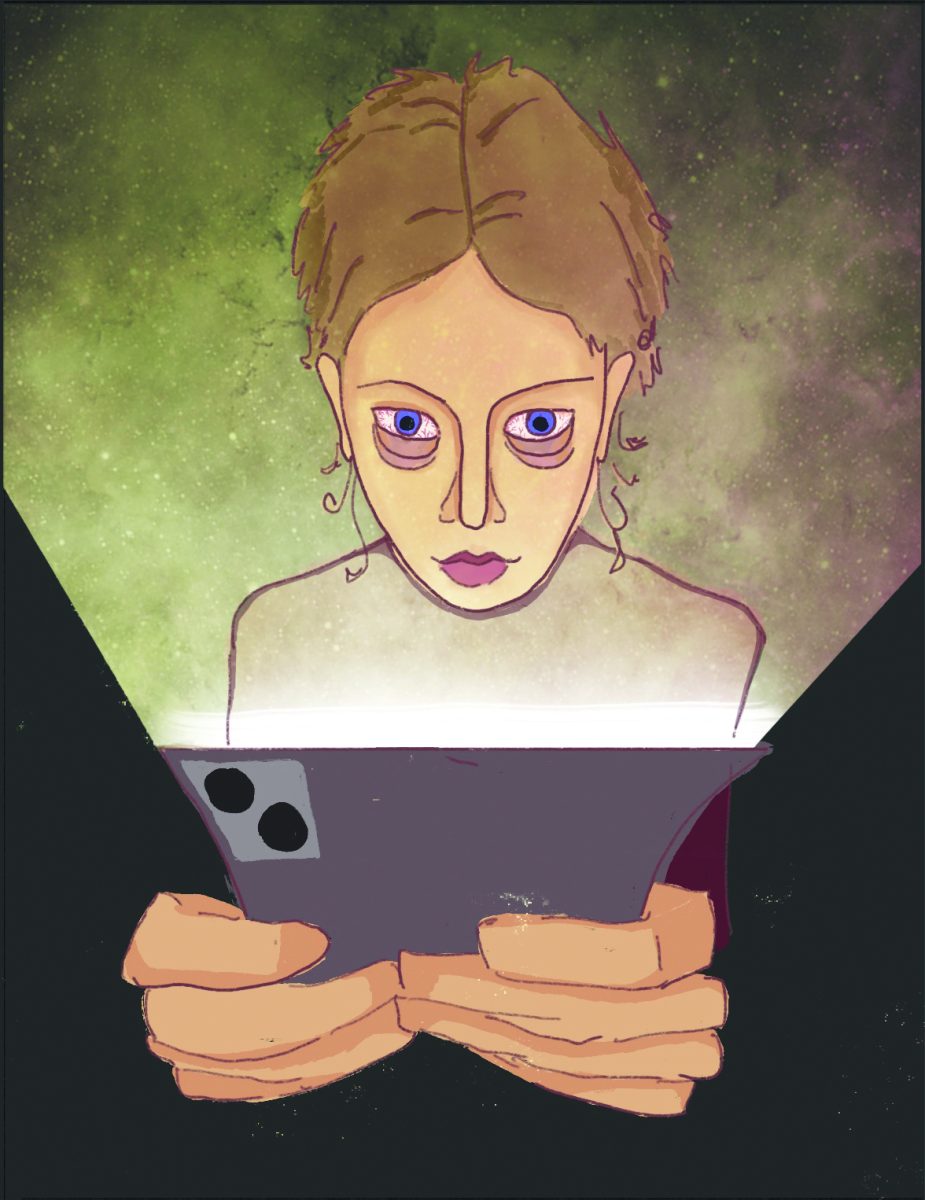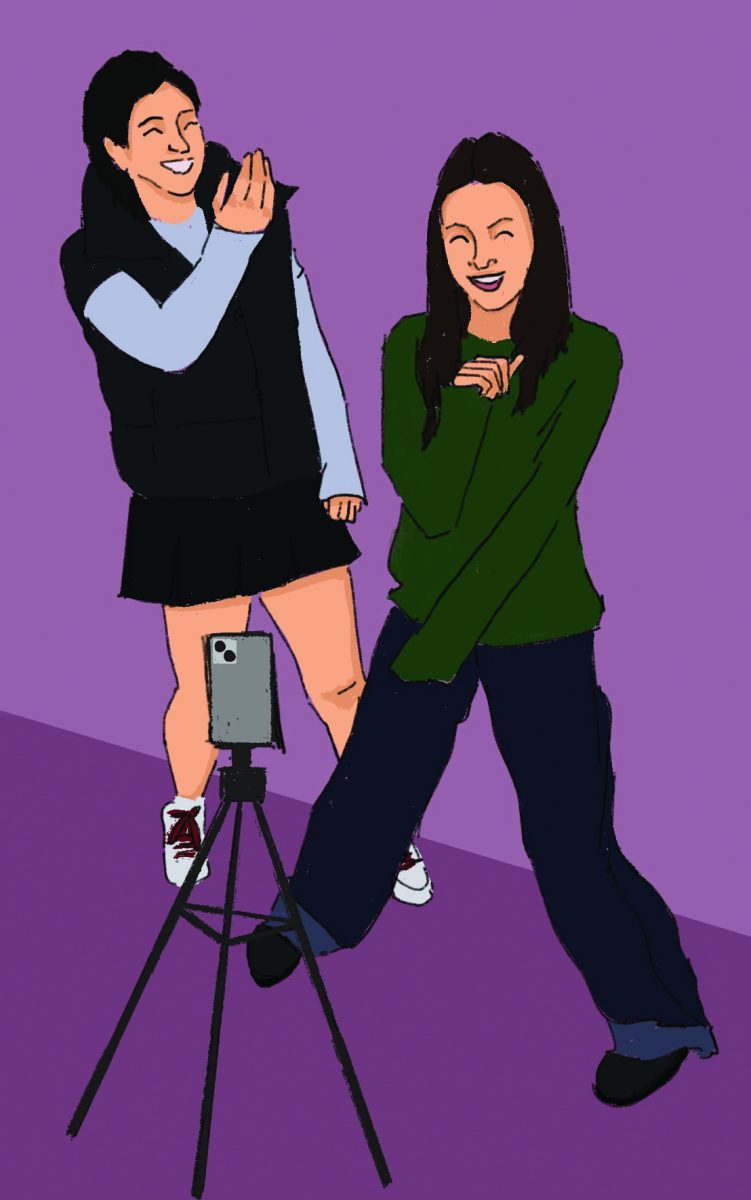By Kelsey ’11
While reading Paradise Lost in AP English last year, students were forced to enter an unfamiliar place. No, not hell, but a tense classroom environment that was no less torturous to many students. The heavy themes of faith and the Bible raised questions about the religious values, or lack thereof, that have gone mostly uncontested in students’ homes.
Marlborough is a non-denominational school, welcoming a diverse religious and secular population. However, this diversity in experience has not led to diverse expressions of religious opinion in the classroom.
“My experience has mostly been that when the topic of religion is approached, people completely shut down,” Kat ’11 said. The immediacy of her response gives voice to a discomfort that remains unspoken but felt by students.
Izzy ’11, a former AP English student, is familiar with the contentious environment born from the intersection of the academic and religious worlds. “It is impossible for people who do not believe in spiritual/religious figure(s), to judge those who do,” she said.
This mention of absolutes, the perceived impossibility of questioning another person’s beliefs, is at the heart of the tension. Religion is presented to many of us as impenetrable. Our background can influence our willingness to approach others who we feel will question our beliefs, and people coming from other cultural contexts might feel wary approaching us.
Ideally, we would be able to encounter faith in any given class, and students who are practicing Catholics, cultural Jews, or Unitarian Universalists would feel comfortable enough to not only speak their personal truths but question others’ beliefs respectfully.
The primary issue at any institution devoted to educating young people is that we are forced in the classroom to confront concepts that might contradict or dismantle our worldviews. We are young, and we enter places of higher learning knowing that there is a possibility that we will be changed, that someone might question us, that we might realize that our beliefs are not the full picture.
I think the polarization and resentment that arises in a classroom the moment God is mentioned stems from the fear that we will not be able to justify our beliefs if called to speak. We are teenagers, and the only thing we can be sure of is that we don’t know anything, really. So as we all muddle through and find moments of clarity and confusion, the least we can do is listen in class and understand that we know no more than the girl next to us. Only then can we coexist peacefully in a space of “not knowing,” together.






